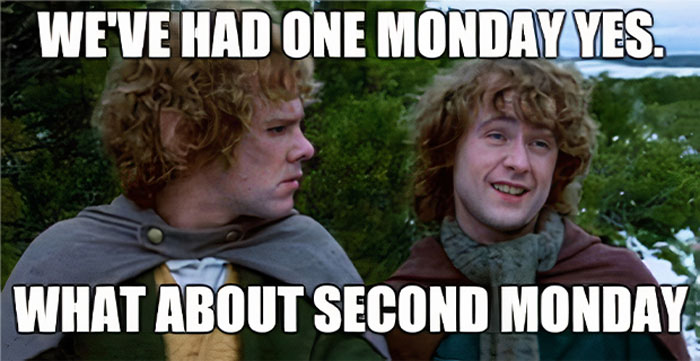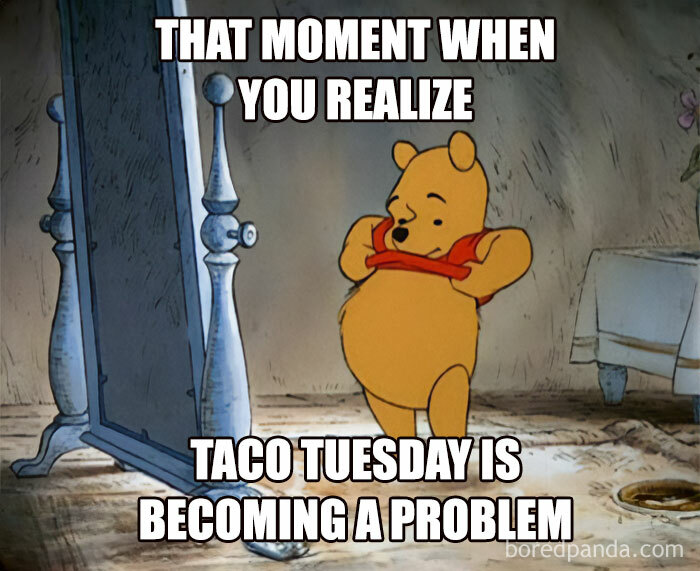The name “Tuesday” originates from the Old English “tīwesdæg,” which means “Tiu’s day,” named after the Germanic god of the sky and war. In Norse mythology, Tiu corresponds to Tyr (1). Meanwhile, in Latin, Tuesday was referred to as “diēs Mārtis,” or “Mars’s day,” in honor of the Roman god of war. However, the day was dedicated to the Germanic god Tiu in Old English, which eventually evolved into “Tuesday.” Ruth Ogden, a senior lecturer in psychology at Liverpool John Moores University, in a 2019 interview with Katie Heaney, The Cut (New York Magazine), explains that our perception of time is significantly influenced by our activities and emotions (2). Mondays, typically the most dreadful day, set the stage for this temporal confusion. “When we’re doing lots of things when we’re processing lots of information, we feel like more time has passed than normal,” Ogden said to Heaney. Emotions also play a significant role. Ogden points out that intense emotional states, or arousal, can warp our perception of time. Stressful Mondays can feel never-ending, which can make the transition to Tuesday, when there’s still a lot of the workweek left, particularly distressing. This issue worsens with age. “One of the things that elderly people say is that time passes more quickly as we get older,” Ogden said in an interview. To counter this, Ogden suggests practicing mindfulness and relaxation techniques to reduce the anxiety of time passing slowly. Another practical approach is to revamp Tuesdays by planning enjoyable activities, breaking the routine, and creating something to look forward to in the middle of the week. 2.) Katie Heaney. “Why It’s So Upsetting That It’s Only Tuesday.” The Cut, New York Magazine, April 9, 2019. | https://www.thecut.com/2019/04/how-is-it-only-tuesday.html Follow Bored Panda on Google News! Follow us on Flipboard.com/@boredpanda! Please use high-res photos without watermarks Ooops! Your image is too large, maximum file size is 8 MB.

























































































































